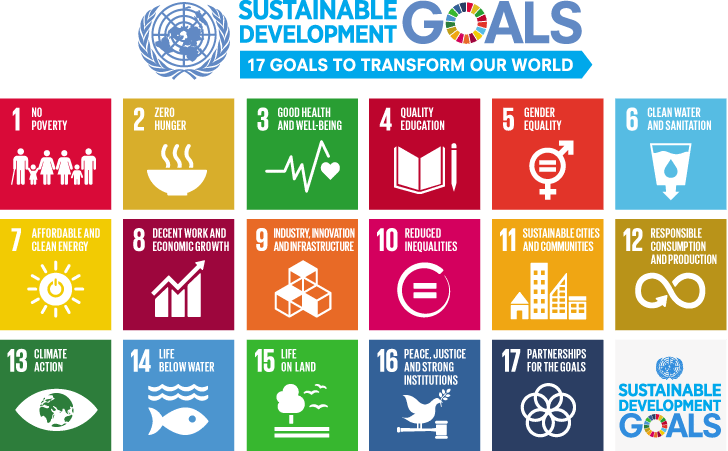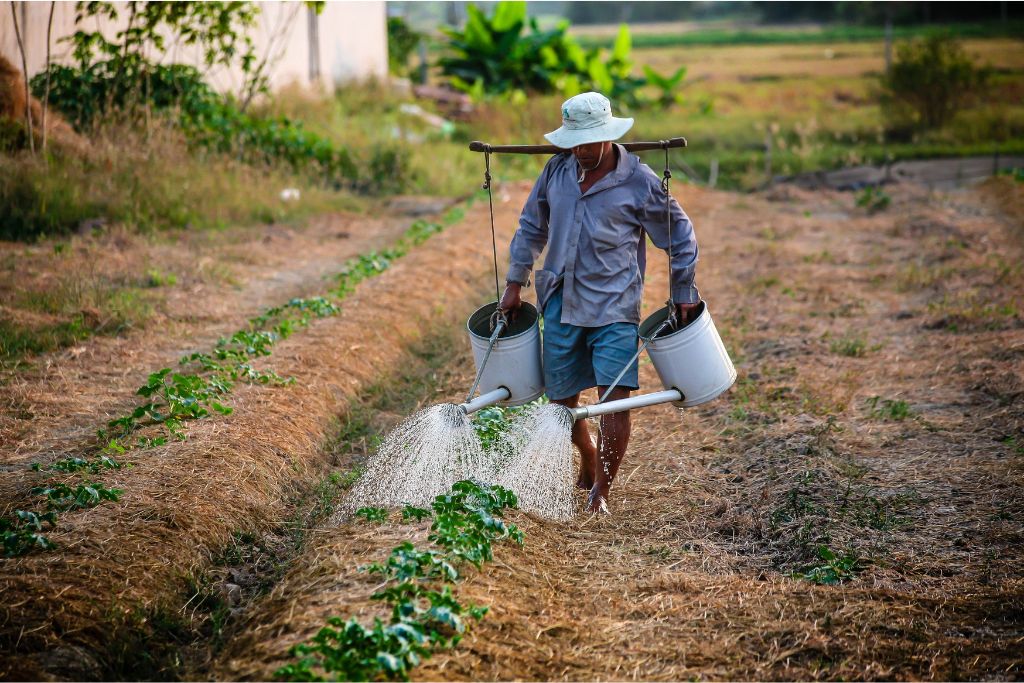A growing global population poses a big challenge in terms of providing food and nutrition to all. Rising food insecurity and widespread poverty call for a new and improved worldwide vision for food systems that supports the well-being of both people and the planet.
—
To survive, an individual requires food, water, and shelter. But not everyone has access to these, as most parts of the world are currently grappling with food scarcity, climate shocks, soaring prices, intensive agriculture practices, resource exploitation, and conflict-driven disruptions, all of which have a big impact on nutritional sustenance.
India, the second-largest food producer in the world based on calorie content, accounts for one-quarter of the world’s undernourished and is home to over 190 million hungry people. The 2023 Global Hunger Index (GHI) ranks it 111th out of 125 countries, which refers to the level of hunger in India’s population as “serious.” This calls for a global change to tackle hunger and poverty.
Understanding the importance of food system security, eight out of 17 United Nations Sustainable Development Goals (SDGs) have focused on food-related sustainability.
As per the Global Hunger Index, hunger remains serious or alarming in 43 countries. The 2023 global GHI score is 18.3, down less than one point from 2015. The consequences of food insecurity and poverty are not only affecting children and individuals but entire communities and societies, impeding the progress on global sustainable development. To aim for zero hunger by 2030 (SDG2), we need urgent coordinated action and policy solutions that address inequalities in food systems, transform them, invest in sustainable agricultural practices, and reduce the impact of conflict and the pandemic on global nutrition and food security.

Contributing factors like population growth, urbanization, changing consumption patterns and climate changes are straining the food systems, undermining the importance of an overhaul in the current practices required for our food systems to become sustainable.
The key indicators to a sustainable food system (SFS) is a system that delivers food security and nutrition for all in a way that the economy is profitable throughout, has broad-based benefits for the society and is environmentally sustainable for a positive or neutral impact on the natural environment. The idea is that food security and nutrition for future and current generations is not compromised.
More on the topic: 3 Biggest Threats to Global Food Security
As the world suffers from climate-related natural disasters, global and local market alterations, political upheavals, environmental degradation, conflicts and pandemics, the need of the hour is to focus on the fundamental realities of how global food systems operate. Based on these realities, the food system must undergo a drastic shift to tackle the challenges the world is currently facing.
In the context of these broader global trends, food production will need to increase by more than 60% to meet the nutritional needs of the world’s population in 2050. These projections are clear indications that without improved technology and significant transformation in sustainable food production practices and technologies to curb the wastage of food, food systems will continue to put extreme pressure on critical environmental functions.
The pursuit of food sovereignty offers a significant opportunity to involve youth in transforming failing food systems into sustainable, just, and effective mechanisms that meet the needs of all people, especially the most vulnerable. They can contribute their efforts and innovative ideas to reclaim and contextualize food sovereignty, thereby enhancing nutrition and fortifying the resilience of local food systems against ecological and climate-related challenges. Transforming food systems to be sustainable, resilient, and equitable can also provide youth with fair, engaging, and enduring employment opportunities.
To achieve this, there is a need to adopt a long-term perspective, investing in sectors that enhance young people’s well-being, including health, education, and skills development. Additionally, young minds should be actively engaged in policymaking to ensure inclusivity, equity, and sustainability.
Addressing the challenges for a global change involves building a fair, efficient, and sustainable food system. This will help to create a vision that aims to transform food systems that can further guarantee access to healthy food for everyone, while also protecting the environment, and empowering marginalized communities.
By tackling the underlying causes of hunger and poverty and adopting comprehensive approaches to food security, we can strive for a future where nobody goes hungry, and where food systems support the well-being of both people and the planet.
How can I contribute to a more sustainable planet?
- 🗳️ Vote for Climate Action: Exercise your democratic rights by supporting candidates and policies that prioritize climate change mitigation and environmental protection. Stay informed with Earth.Org’s election coverage.
- 👣 Reduce Your Carbon Footprint: Make conscious choices to reduce your carbon footprint. Opt for renewable energy sources, conserve energy at home, use public transportation or carpool, and embrace sustainable practices like recycling and composting.
- 💰 Support Environmental Organizations: Join forces with organizations like Earth.Org and its NGO partners, dedicated to educating the public on environmental issues and solutions, supporting conservation efforts, holding those responsible accountable, and advocating for effective environmental solutions. Your support can amplify their efforts and drive positive change.
- 🌱 Embrace Sustainable Habits: Make sustainable choices in your everyday life. Reduce single-use plastics, choose eco-friendly products, prioritize a plant-based diet and reduce meat consumption, and opt for sustainable fashion and transportation. Small changes can have a big impact.
- 💬 Be Vocal, Engage and Educate Others: Spread awareness about the climate crisis and the importance of environmental stewardship. Engage in conversations, share information, and inspire others to take action. Together, we can create a global movement for a sustainable future.
- 🪧 Stand with Climate Activists: Show your support for activists on the frontlines of climate action. Attend peaceful protests, rallies, and marches, or join online campaigns to raise awareness and demand policy changes. By amplifying their voices, you contribute to building a stronger movement for climate justice and a sustainable future.
For more actionable steps, visit our ‘What Can I do?‘ page.
This story is funded by readers like you
Our non-profit newsroom provides climate coverage free of charge and advertising. Your one-off or monthly donations play a crucial role in supporting our operations, expanding our reach, and maintaining our editorial independence.
About EO | Mission Statement | Impact & Reach | Write for us














